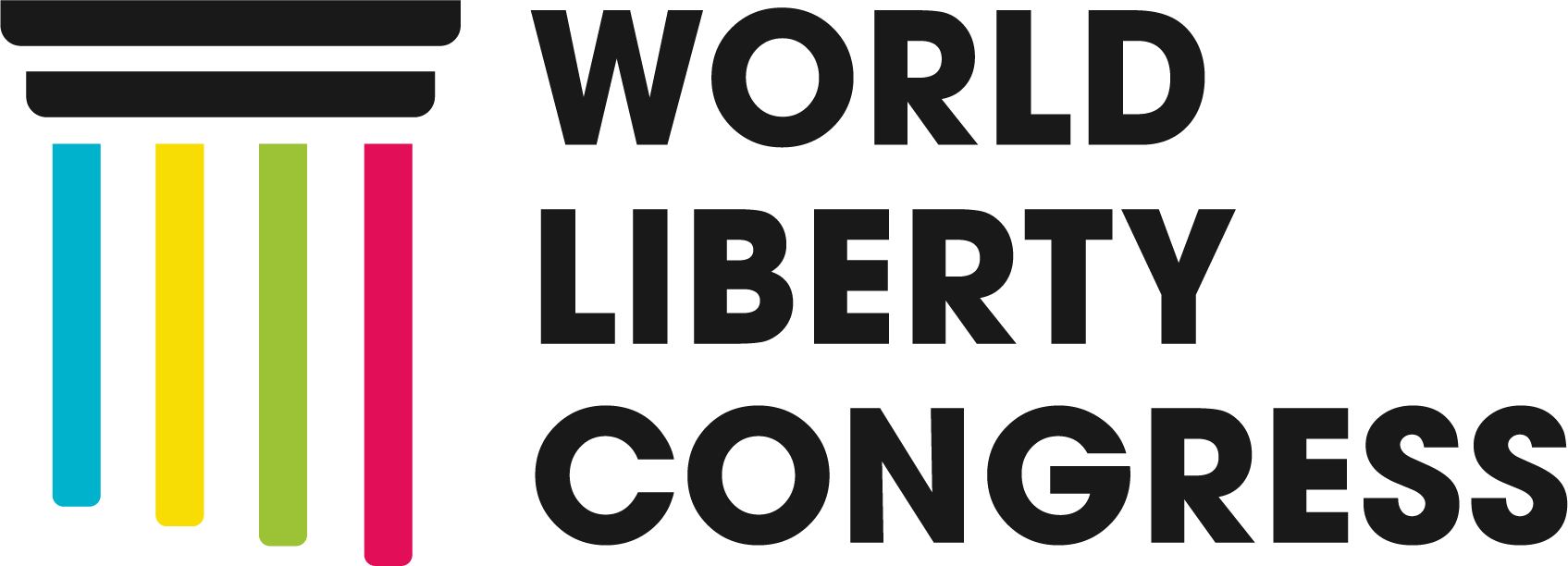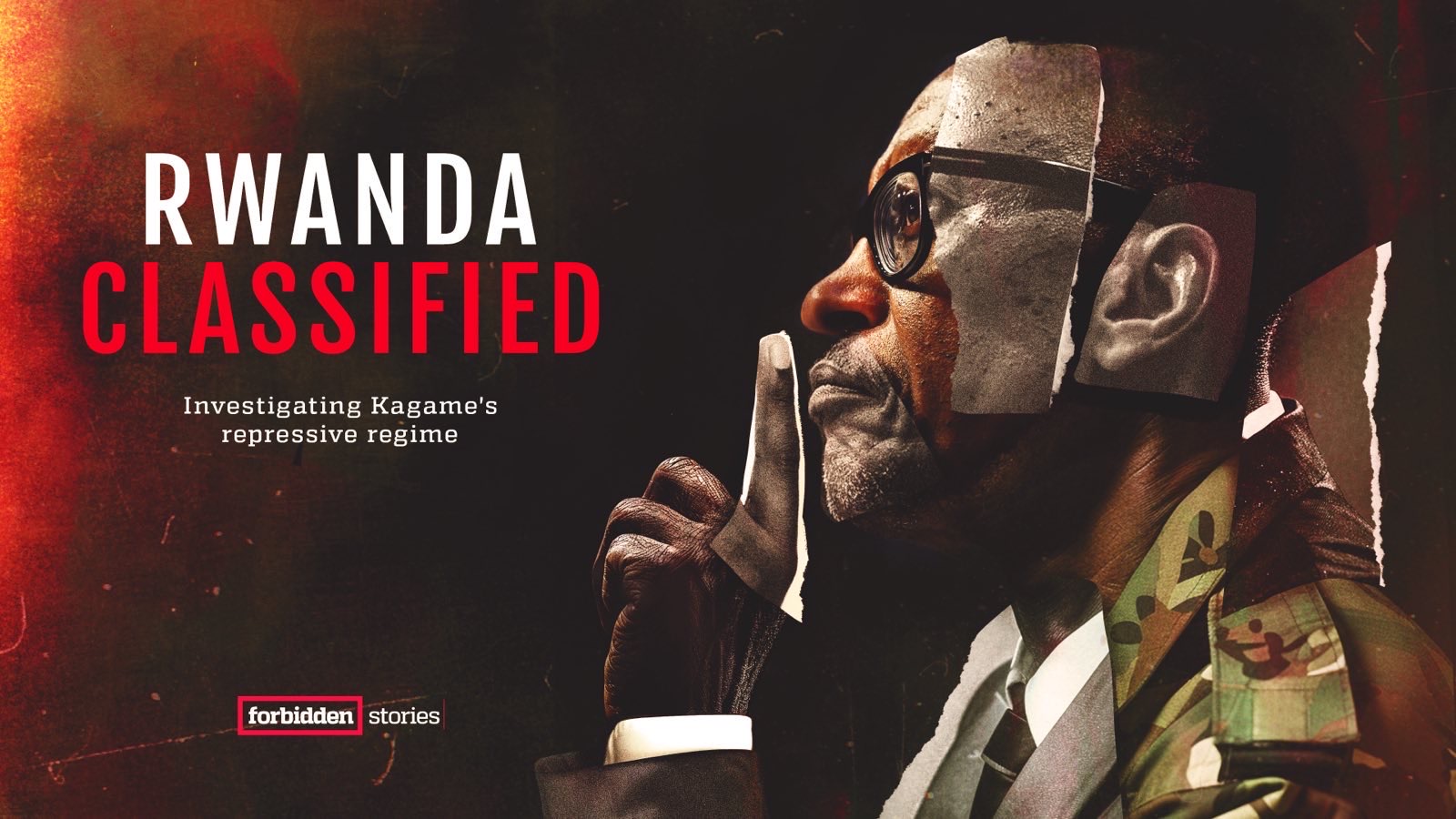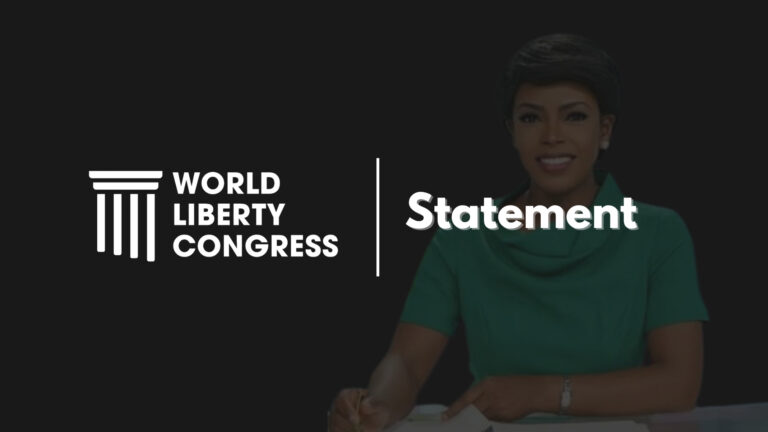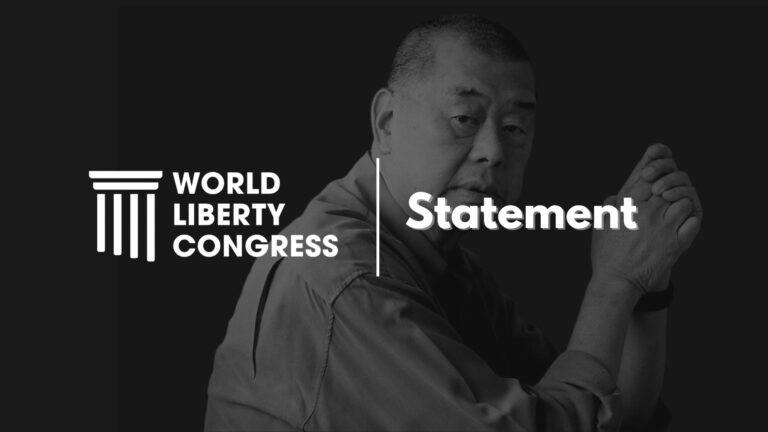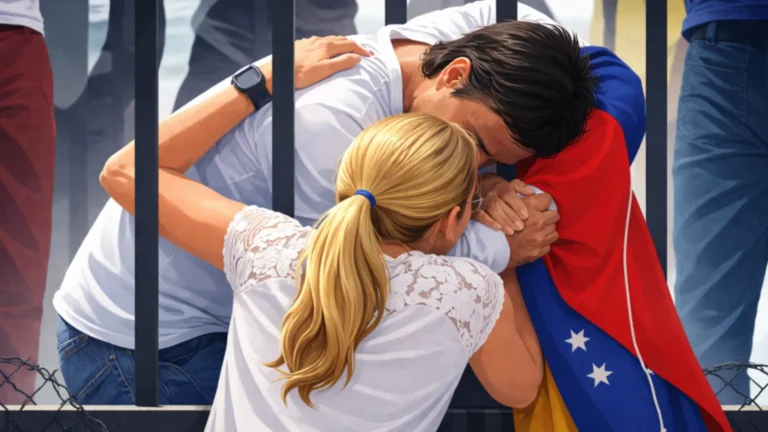By Norman Ishimwe Sinamenye (WLC member)
On May 28, 2024, a consortium of 50 journalists from 17 countries, under the banner of Forbidden Stories, published a groundbreaking investigation titled “Rwanda Classified.” This dossier highlights the Rwandan regime’s transnational repression, including on U.S. soil, and exposes its covert deployment of between 3,000 and 5,000 soldiers in the DRC to wage aggressive war along the brutal M23 rebel group in neighboring DRC. While The transnational repression cases highlighted only underscore what the Federal Bureau of Investigation has known for over a decade, leading the agency to provide protection for dissident Rwandan exiles on U.S. soil, “Rwanda Classified”’s reporting about Rwanda’s U.S.-trained army’s role in directly fomenting war in the DRC alongside a militia accused of mass atrocities should further add to the list of controversies questioning the United States strategic partnership with Rwanda.
This dossier has caught the attention of a significant portion of the public, at a time when the current commemoration of the 30th anniversary of the 1994 genocide has commanded solemn reverence from western governments, which are still struggling with guilt over the mass killings. This guilt has led the U.S. and other western governments to overcompensate by showering praise and credit to Rwandan president Paul Kagame for ending the genocide and rebuilding the country. This has served Kagame’s regime well, while its propaganda incessantly seeks to hold the international community responsible for the 1994 tragedy.
For example, authorities from the current Rwandan government constantly repeat that the Clinton administration was slow to recognize the existence of a genocide and did not want to intervene. While technically true, this deflection hides the fact that UN archives show that it was the current government, then a rebel group, which did everything to prevent any foreign intervention in Rwanda between April and July 1994. The guilt-tripping also helps the Kagame government conceal it role in launching the bloody war that led to the genocide, the suspicion hovering over its involvement in the shootdown of the plane carrying the then Rwandan president and his Burundian counterpart which triggered the genocide, the war crimes perpetrated by its forces before, during and after the genocide in both Rwanda and the DRC, or Kagame’s own admission of being driven by the desire to seize power and not necessarily end the killings.
This realpolitik in the name of maintaining stability and access to the strategic minerals in Africa’s troubled Great Lakes region has turned Kagame into what the New York Times has dubbed “the global elite’s favorite strongman,” a benevolent dictator who is maintaining order, keeping the streets very clean, fueling economic growth and strides in development, and sending his disciplined army to troubled spots such as Mozambique or the Central African Republic so America does not have to put boots on the ground there. That the same army has over the last 30 years invaded its giant neighbor, DRC, twice, sparking the two bloodiest conflicts since WWII, stands accused of what a 2010 UN report described as “war crimes, crimes against humanity and possible crimes of genocide,” is conveniently forgotten, and that Kagame’s government is today once again directly fighting alongside the brutal M23 rebellion in eastern DRC, as highlighted by the investigation, is part of the acceptable collateral of realpolitik between the U.S. and a key diplomatic and security partner.
The “Rwanda Classified” dossier in effect puts faces to the human collateral of this realpolitik, starting with John William Ntwali, a respected independent journalist known for fearlessly investigating human rights abuses, whose suspicious death in a car accident in January 2023 triggered the investigation conducted by the Forbidden Stories consortium. His investigations pointed to disturbing injustices, corruption, torture, repression, the plight of poor and marginalized communities, the mistreatment of genocide survivors by the very regime which drew its international legitimacy from claiming to save their lives, and left no doubt that the government in Rwanda was neither benevolent nor popular and that the “stunning transformation” of the country that is often written about in international media was at odds with the lived realities of ordinary Rwandans. But as much as Ntwali was an irritant for those seeking to maintain business as usual U.S.-Rwanda relations, his investigations never made international headlines and few outside Rwanda ever knew his name until his death. His suspicious death, following the equally suspicious death of popular gospel singer Kizito Mihigo, was inconsequential in the grand scheme of U.S.-Rwanda relations.
Conversely, the fame of Hotel Rwanda’s real life hero Rusesabagina made his kidnapping by the Rwandan government too big of an irritant for Kigali-Washington relations. Washington drew a line in the sand by applying pressure diplomatically and via coercive measures such as suspension of military assistance, formally designating Rwanda as a hostage-taking state and Rusesabagina as a wrongful detainees, even summoning his daughter Carine Kanimba to testify in a congressional hearing about mercenary spyware. DC effectively declared Rusesabagina unacceptable collateral of U.S.-Rwanda relations after years of turning a blind eye to Kigali’s operations against him on U.S. soil.
According to a 2022 OCCRP investigation, a classified FBI report asserted that U.S. law enforcement knew about Rwandan intelligence operations against dissidents such as Rusesabagina since at least 2011. The report also revealed U.S. government knowledge since 2015 about repeated attempts by agents of the Rwandan government to mislead U.S. law enforcement to target Kagame’s critics. Throughout all this period, the U.S. government remained Rwanda’s largest bilateral donor.
More recently, the overwhelming evidence unearthed first by the UN and now by Forbidden Stories about the Rwandan government’s role in fighting alongside and aiding the M23 rebellion in eastern DRC has also proven to be a serious irritant in U.S.-Rwanda relations. While the U.S. State Department has at times been vocal in criticizing Rwanda and took the unprecedented step of imposing sanctions on a Rwandan general for his involvement in the destabilization of the DRC, as well as sanctioning the Rwandan army under the Child Soldiers Prevention Act, the Pentagon has maintained business as usual with the Rwandan military, continuing, for example, their participation in joint exercises with other African armies.
The question therefore is what will it take for all the branches of the U.S. government to reconsider its strategic partnership with Rwanda. In 2012, it took the occupation of the major eastern DRC city of Goma by the same Rwanda-backed M23 rebel for the Obama administration to publicly threaten to prosecute Kagame and his generals for war crimes. In order for the Forbidden Stories investigation or the reports of the UN expert group not to be in vain, policymakers from the White House to the U.S. State Department and the Pentagon should find consensus in recognizing that the Rwandan regime’s ongoing destabilization of the region through its military meddling in the DRC heightens the risk of renewed regional war, which could jeopardize any security and economic interests that Washington has in the entire African Great Lakes region.
More sanctions should be imposed on more individuals in the Rwandan military involved in the military adventure in DRC. Washington should suspend the Rwandan army’s participation in UN peacekeeping operations and bilateral military partnerships with Kigali must be terminated. A military embargo should also be implemented to limit the Rwandan regime’s supply capabilities in its war in eastern DRC. Such actions could force Paul Kagame to curb his regime’s repression and regional destabilization.
